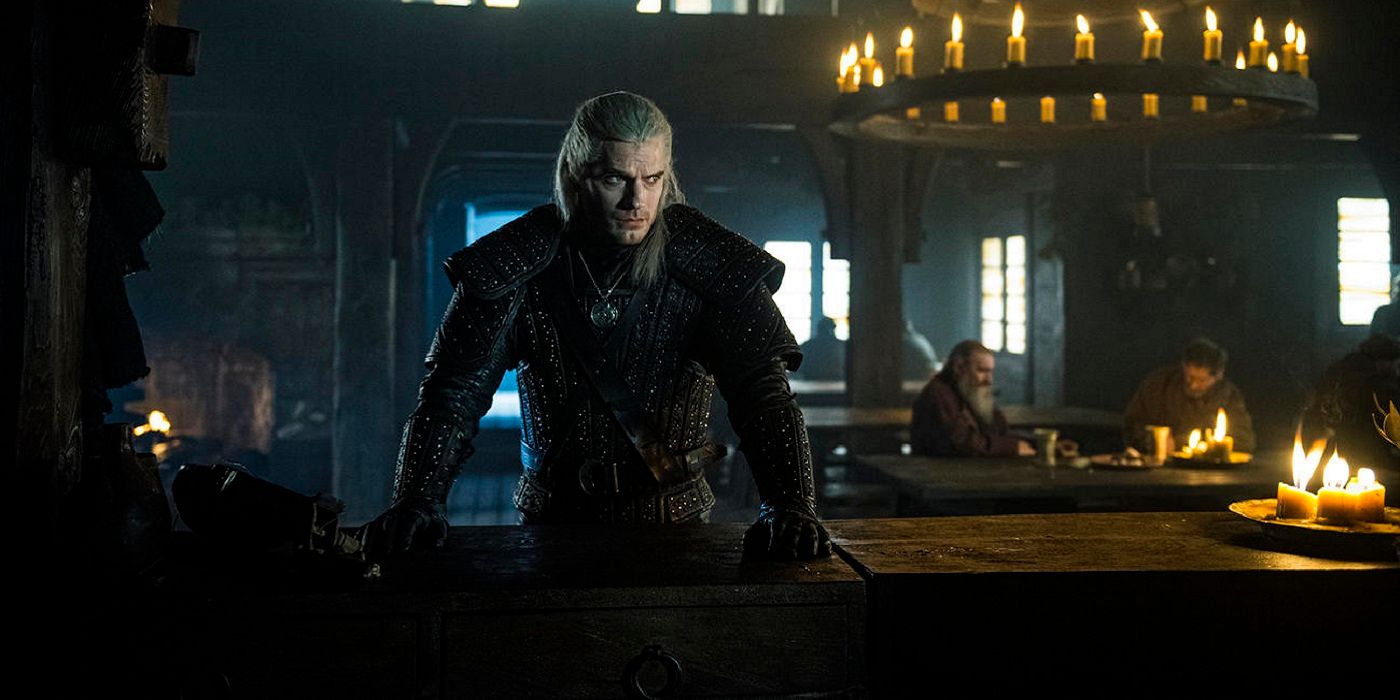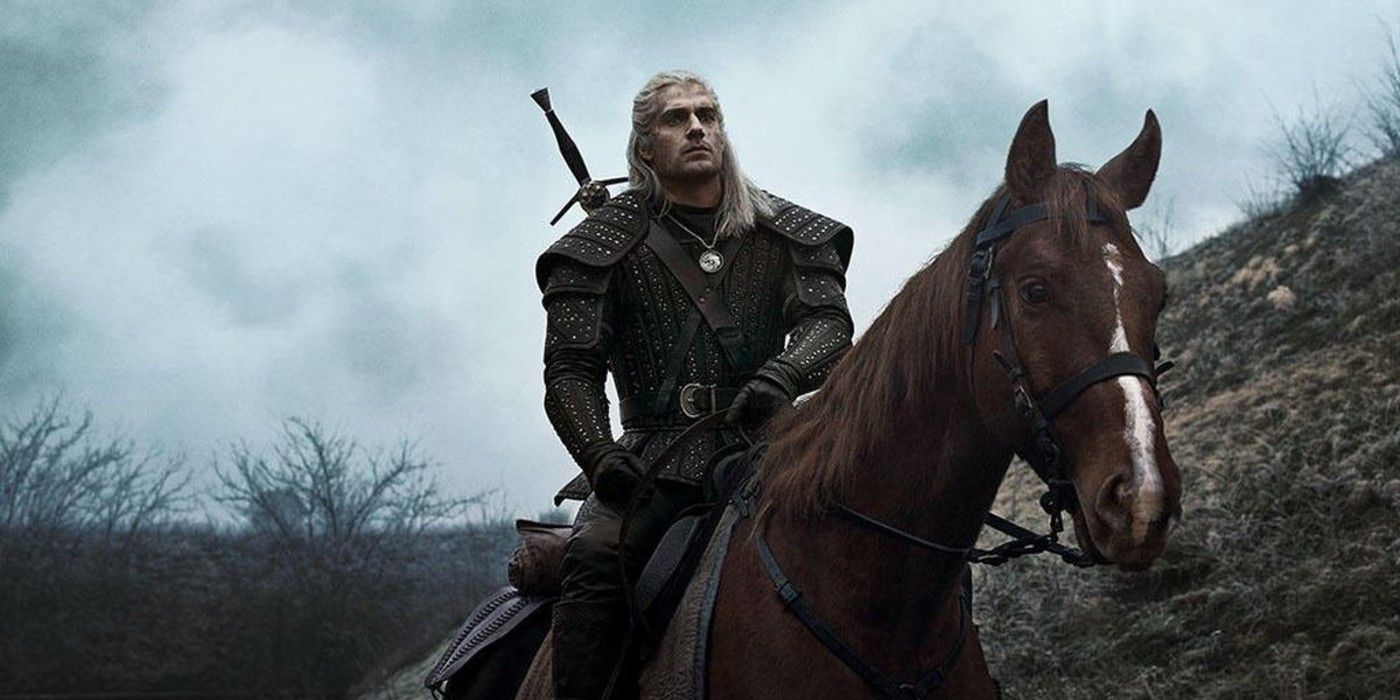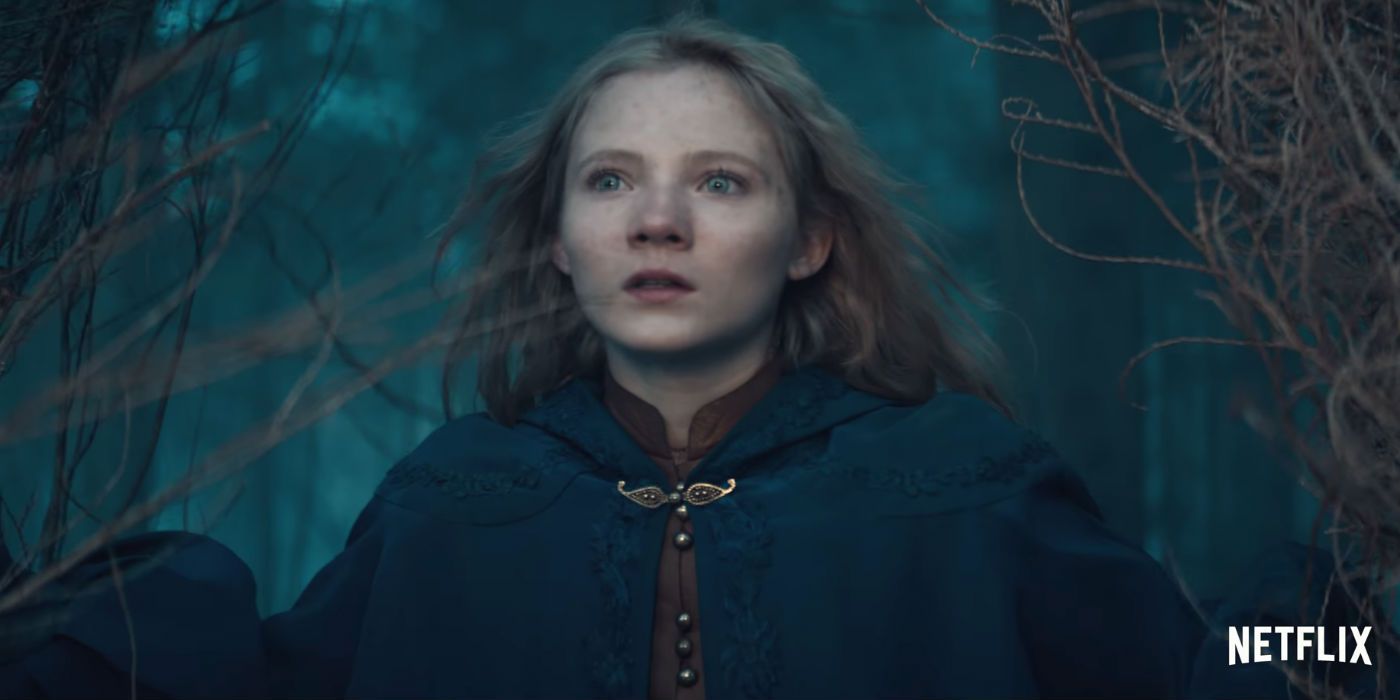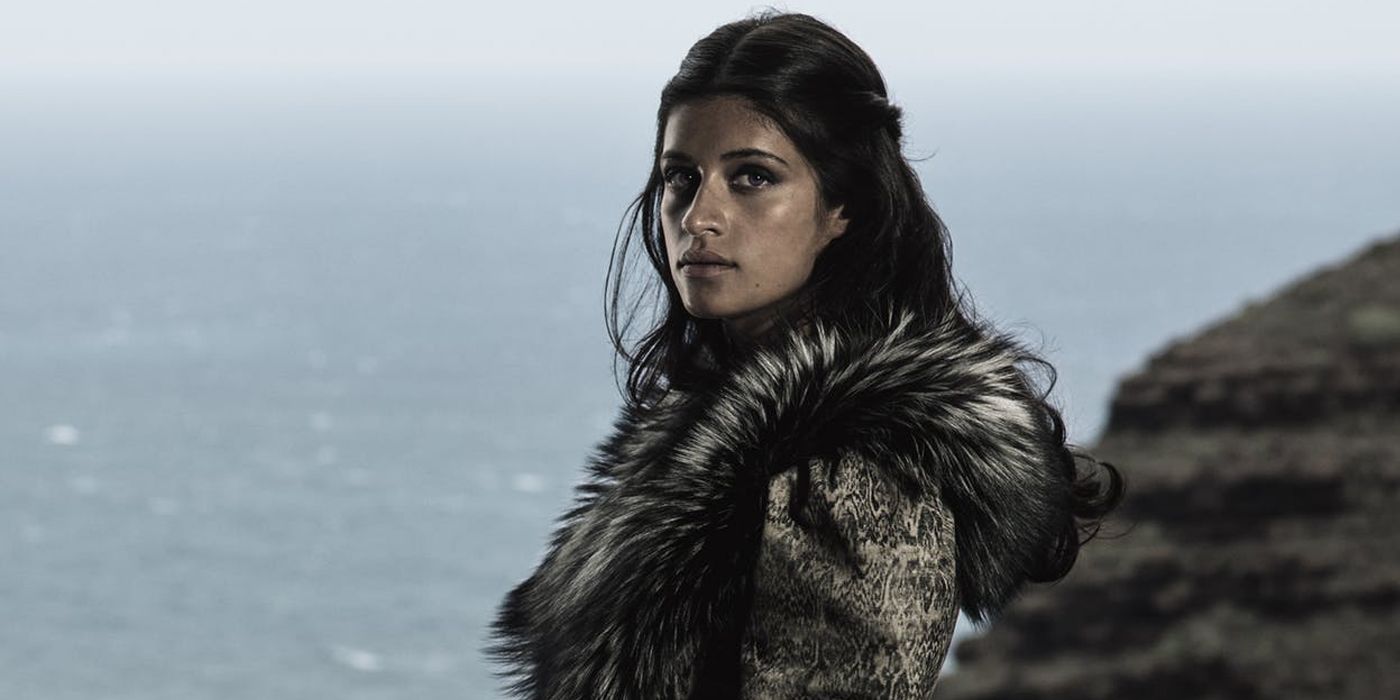Now that The Witcher's first season is out, many have likely already finished the show and are looking forward to the next season. Perhaps, in finishing the first season, the overall picture makes sense, but for many, questions linger and answers are likely to be sought. Before moving forward, take note that this article will contain MAJOR SPOILERS for the show and specifically how it ended.
By the end of the first season of The Witcher, Ciri, Yennefer and Geralt are finally on a similar path and agenda, with common interests at hand to a degree. The various kingdoms are threatened by the Nilfgaardian Empire's invasion from the south, and Ciri is without her kingdom any longer, while her mysterious powers hold some sort of key to which Nilfgaard is after. Additionally, Geralt has multiple reasons to put his day job on hold as a contracted monster hunter, and help save Ciri from Nilfgaard as they dispatch agents to hunt her down and capture her.
Meanwhile, the school of Sorceresses, along with its most talented member, Yennefer, also can no longer be a neutral institution in face of this threat, especially as both Nilfgaard and the sorceress academy see each other as too much a threat to each other by the mere nature of their potential power alone.
Tissaia's school of magic users is normally a neutral institution, which assigns its magic wielding students to kingdoms across the empire which are always in demand of talented individuals with magic abilities. This school's existence is essentially a way of regulating magic users across the kingdoms, to which all governments agree upon collectively, in order to ensure that no kingdom obtains a disproportionate amount of magic capabilities to offset the balance of power. The institution itself remains neutral to all kingdoms, so it too can not become too powerful and pose a threat by taking on a particular position or agenda.
It helps maintain its neutrality by ensuring a proportionate number of recruits from both northern and southern realms. Upon graduating, these magic wielders are dispatched to particular kingdoms they may have no inherent connection with. For example, Yennefer was originally supposed to be dispatched to serve Nilfgaard, which she has no link to. Obviously she was able to play her cards well and change those chain of events, thankfully.
As witnessed later in the season, Tissaia and her school of Sorceresses can no longer remain neutral as the Nilfgaardian Empire decides to aim for regional domination and launches several invasions. Essentially, when one kingdom or entity becomes too powerful in which the balance of powers between all the kingdoms is jeopardized, it can no longer remain a neutral institution, as they take a clear stance against Nilfgaard.
By the end of the season, the heroes of the story seem to be on the same page in their agreement that that destiny must be fulfilled and Geralt must find Ciri, who is on the run. But many fans are probably wondering what the connection is between Geralt and Ciri, which comprises this supposed destiny. Rest assured, this will likely be revealed in detail in the future of the show, as there is yet another particular story to be enjoyed from this connection between the two.
Season 1 shows viewers that Geralt did some sort of favor or deed for Ciri's father, which binds Ciri to Geralt, against her grandmother Queen Calanthe's wishes. Of course, as she is on her bed dying and the Nilfgaardian invasion is taking place, she has a sudden change of heart in favoring Ciri's supervision under Geralt, realizing that not even her own kingdom can protect Ciri under its doomed collapse.
It is important to understand some of the historical lore behind witchers and why, to a degree, Calanthe did not wish to give up her granddaughter to Geralt so easily. Witchers are infamous for taking people's children, following the completion of a deed or favor of which there is no means to repay it, except by offering a child. This is essentially how the Witcher schools of older times often recruit new Witchers, by obtaining and transforming children it adopts into the mutants which they become. It is one of the main reasons Witchers are feared in this universe and have a bad reputation.
However, viewers can rest assured that, in this particular case, Geralt likely has good intentions in mind in his desire to take Ciri under his watch to protect her from the wrong doers who would eventually try and seek her out due to the powers she can possesses. Those powers will most likely be explained as well in later shows.
The show's most mysterious character, Yennefer, also disappears after the Battle of Sodden Hill, which sees her unleash a huge amount of magical power in defeating Nilfgaard's invasion there. Season 2 will certainly have a lot to explain here, but perhaps the power she unleashed did take a toll on her for the time being or was some sort of wake up call. After all, in the Witcher universe, magic always comes at a cost, and depletes power elsewhere in order to produce magical power.
While that should wrap up many of the questions that may have been lingering among viewers, some speculations can also be drawn up regarding where season 2 may go. In short, the first season utilized the first two books as its source material, mostly in order to introduce the characters, universe, and overreaching story that makes sense of the Nilfgaardian invasion and where the various parties to the conflict sit on its expansive map.
The first two Witcher books were actually a collection of short stories, whereas the following books are more straight forward novels with a beginning, middle, and end. This would explain why many of the episodes in the first season had some elements of stand-alone stories, often revolving around one of Geralt's monster-slaying contracts, which usually end with a surprise twist that concludes the particular tale.
This also explains why the timeline jumped around so much, given that each of these stories took place in slightly different timeframes. As the story heads into season 2, viwers can likely expect the pace to pick up and the timeline to take on a more linear progression, with episodes ending on cliffhangers rather than feeling more similar to conclusions to sub-plots.
Also Geralt will likely become more focused on decision making which concerns the larger dynamics of the politics and influencing the trajectory of large kingdoms, as viewers see storyline arches branch out which may be more akin to Game of Thrones, rather than stand-alone adventures focused on Geralt's adventures into contract killings and making a quick coin. This is especially the case in the current context, now that the relationships between the characters are more fleshed out and ready for forward progression as the larger anticipation of war looms ahead.
Certainly, the northern kingdoms are not innocent either, and more light will likely be shed upon the relational dynamics between the eleven populations as well, including the Great Cleansing, which was only briefly mentioned in season 1. In many ways, it was the short stories which established and introduced these largescale dynamics, and have mostly served their purpose for which the the politics and regional wars of epic scale can now proceed to engulf the world of the Witcher as it moves into season 2.
Season 2 of The Witcher is confirmed to be in development.




